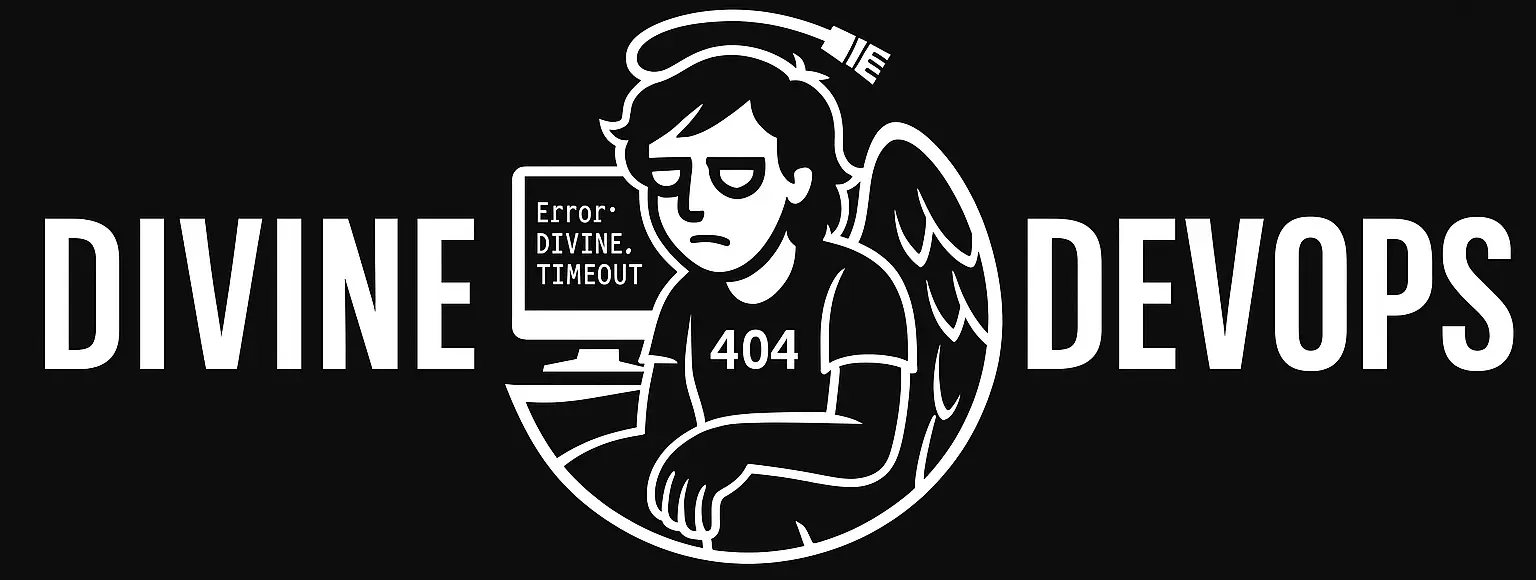In the beginning, there was chaos in the codebase. But the Senior Developer, in their wisdom, brought forth the Ten Commandments of Clean Code to guide developers toward enlightenment and maintainability.
Here are the sacred principles to keep your codebase holy.
And lo, the Senior Developer descended from Mount Version Control, carrying with them two tablets of pure, clean code. Their face shone with the radiance of one who had gazed upon the perfect Git history. And they spoke unto the junior developers, saying:
I. Thou Shalt Have No Variables Before Declaration
For undeclared variables are an abomination in the eyes of the compiler, bringing forth errors and undefined behavior. Declare thy variables at the top of thy scope, that all may know their purpose.
II. Thou Shalt Not Make Unto Thee Any Spaghetti Code
Neither shalt thou create tangled flows, nor nested conditionals of depth greater than three, nor callback hells that stretch unto infinity. For clean code is organized in small, pure functions that do one thing well.
III. Thou Shalt Not Take the Name of Constants in Vain
Remember the sacred constants and keep them immutable. Magic numbers scattered throughout thy code are a sin against readability. Place thy constants in a holy file or module that all may reference them by their true names.
IV. Remember the Code Review Day and Keep It Holy
Six days shalt thou labor and write all thy code, but the seventh day is for code reviews. Honor thy reviewers with descriptive pull requests, that thy days in production may be long and free of critical bugs.
V. Honor Thy Parent Classes and Interfaces
Respect the contracts established by those who coded before you. Override methods with care and extend classes with purpose, that polymorphism may bring blessings upon thy codebase.
VI. Thou Shalt Not Commit Dead Code
Let no unused functions or commented-out blocks remain in thy repository. For dead code is a burden upon thy colleagues, confusing them and leading them down paths of darkness and despair.
VII. Thou Shalt Not Commit Code Adultery
Be faithful to thy design patterns and architectural decisions. Mixing paradigms leads to confusion and creates abominations neither functional nor object-oriented, but monstrosities cast out from both kingdoms.
VIII. Thou Shalt Not Steal Without Attribution
When thou takest code from Stack Overflow or npm packages, thou shalt give credit where credit is due. Document thy sources in comments and README files, and honor thy licensing agreements.
IX. Thou Shalt Not Bear False Comments
Let thy comments speak truth about thy code’s intention, not merely restate what the code already declares. Outdated comments that bear false witness against thy code shall be purged from the codebase.
X. Thou Shalt Not Covet Thy Neighbor’s Framework
Be content with the tools thou hast chosen. Neither shalt thou abandon projects halfway to chase after new frameworks, nor rewrite working code merely to use the latest language features without purpose.
And the developers heard these commandments and were afraid, for they had sinned greatly with their global variables and their copy-pasted code.
But the Senior Developer spake unto them: “Fear not, for daily standups and retrospectives shall wash away thy sins, if only thou commit to continuous refactoring and integration tests.”
And thus, the developers refactored their code, wrote unit tests, and honored their CI/CD pipeline. And there was much rejoicing in the land of DevOps, for their deployments were smooth, and their bugs were few.
Which of these commandments have you broken recently? Share this post with your team and start your journey toward cleaner code today!
